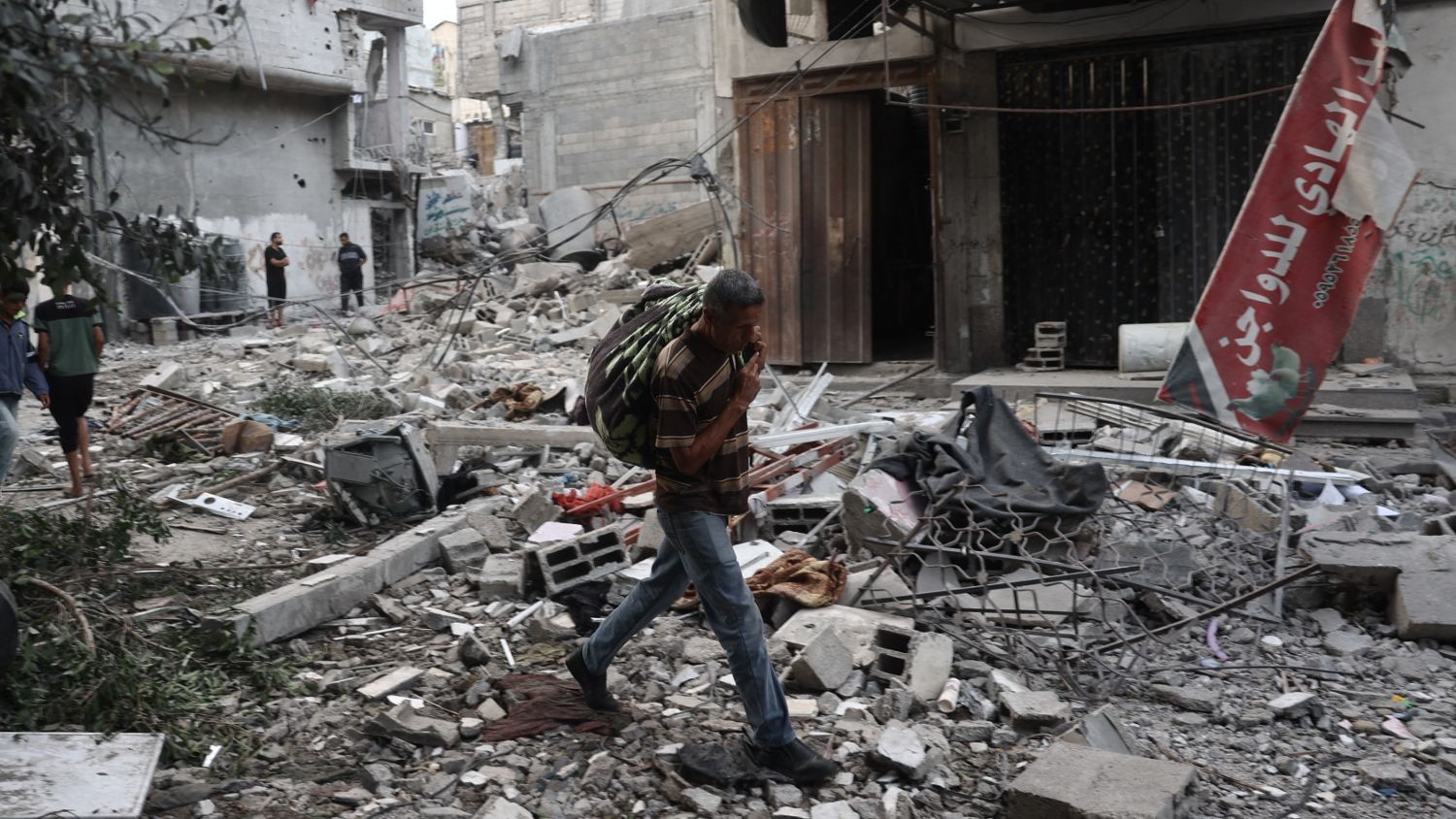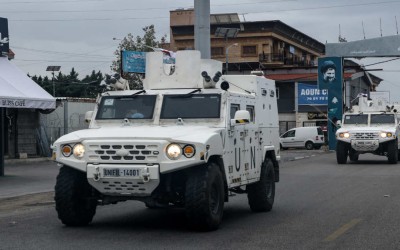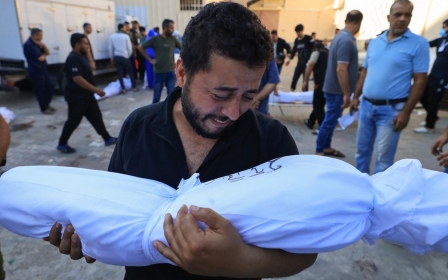US to approve $680m package of munitions, small bombs to Israel, say reports

The Biden administration has provisionally approved a $680m weapons package to Israel, several media outlets have reported, after US President Joe Biden announced a ceasefire deal between Israel and Lebanon earlier this week.
The weapons deal, reported on Wednesday by news outlets including The Financial Times and Reuters, includes thousands of additional joint direct attack munitions kits (JDAMs) and small-diameter bombs.
The arms package is separate from the $20bn arms deal to Israel that a small cadre of US senators tried and failed to block this month.
The package also comes after the Biden administration had issued a letter to Israel in October, warning that if it did not take steps within 30 days to improve the humanitarian situation in Gaza, then Washington would withhold weapons from the country.
However, that deadline came and went, and the US eventually said it was satisfied with what Israel had done in terms of the humanitarian situation. However, aid deliveries to Gaza have fallen to record lows.
New MEE newsletter: Jerusalem Dispatch
Sign up to get the latest insights and analysis on Israel-Palestine, alongside Turkey Unpacked and other MEE newsletters
On Tuesday, Biden announced that a 60-day ceasefire between Israel and the powerful Lebanese movement Hezbollah would go into effect on 27 November at 4am local time.
US and Arab officials told Middle East Eye that the ceasefire would see Israeli forces withdraw from south Lebanon.
Hezbollah has agreed to end its armed presence along the border and move heavy weapons north of the Litani River, sources said.
Israeli Prime Minister Benjamin Netanyahu on Tuesday claimed that the recent ceasefire in Lebanon was needed to “replenish stocks”, an apparent reference to the need for more weapons shipments from the US.
“And I say it openly: it is no secret that there have been big delays in weapons and munitions deliveries. These delays will be resolved soon,” Netanyahu said during an address. He didn't specifically name the US.
“We will receive supplies of advanced weaponry that will keep our soldiers safe and give us more strike force to complete our mission.”
A US official responded to Netanyahu's remarks, firmly denying that there has been any delay from the US in delivering weapons to Israel.
“Other than the shipment of 2,000-pound bombs, there is no policy delay or hold on anything. There’s just not,” a US official told The Times of Israel.
Earlier this year, the US delayed a shipment of 2,000-pound bombs to Israel, saying it was to prevent an Israeli invasion of Rafah, the southernmost city in Gaza. Israel invaded Rafah in May. However, the US said it was not opposed to the Israeli offensive and claimed it wasn't an invasion.
A US official also told reporters on Tuesday that there was no discussion of withholding or promising more weapons to Israel as part of the negotiations that eventually led to the Lebanon agreement.
“No part of this negotiation involved weapons on either side,” the official said.
The package of JDAMs and small bombs to Israel comes as Israel's war on Gaza continues. JDAMs have been used by Israeli forces to kill civilians in Gaza, rights groups have reported.
So far in its war on Gaza, Israel has killed at least 44,282 Palestinians, according to the official toll recorded by the Palestinian health ministry.
In Lebanon, Israeli forces have killed more than 3,800 people in Lebanon since October 2023. Most have been killed in the past several months.
Middle East Eye delivers independent and unrivalled coverage and analysis of the Middle East, North Africa and beyond. To learn more about republishing this content and the associated fees, please fill out this form. More about MEE can be found here.





